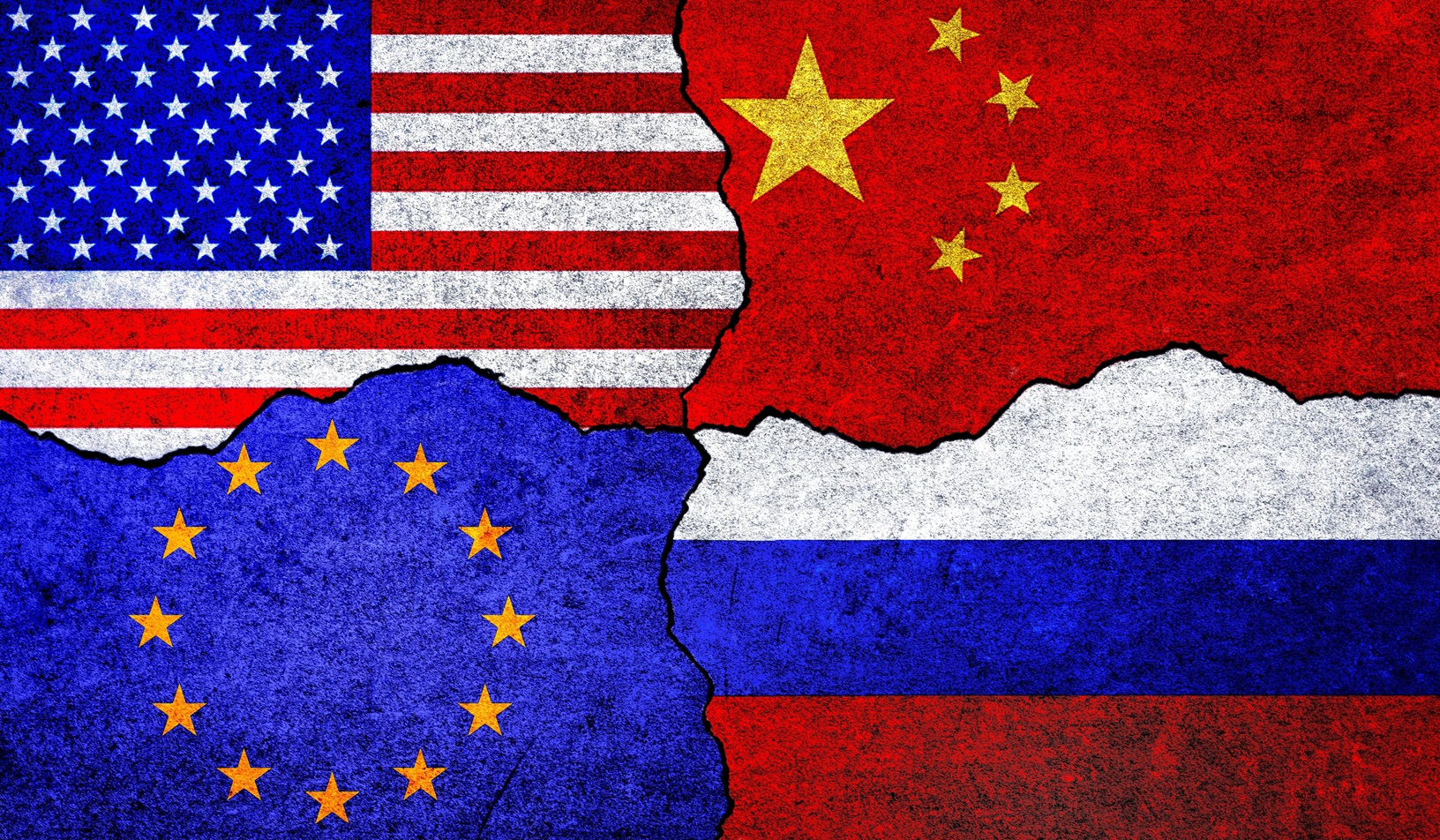Europe
Europe is described here in a geographical sense. It is not limited to the European Union, and includes, for example, the United Kingdom and the Balkans. It remains central to international relations.
Related Subjects

Placing the EU on a Warfare Footing: Energy and Raw Materials Priorities for 2026

The year 2025 has confirmed that one must prepare for much worse in the field of geopolitics and geoeconomics as the intensity and frequency of shocks increase and as the European Union (EU) has no more stable flanks now that crises with the United States (US) become so frequent and reveal a systemic rift. In the world, barriers to trade multiply and dependencies are weaponized.

Does Enlargement Conceal Globalisation? Location Issues in Europe
This paper assesses the impact of global competition and enlargement on the location of production within Europe.
The Development of Transeuropean Transport Networks: Financing an Ambitious Policy.
Europeans in Space: the Interactions between the Conduct of Space Programmes and the European Process
This report explores the interactions between the conduct of space exploration programs by Europeans and the European Union building process. It stems from a cooperation between Ifri and the European Space Agency (ESA).
EU Integration: Present Challenges and Prospects. Any Lesson for Latin America?

Prospects for the UK Presidency of the European Union (1 July - 31 December 2005)

What Budget for the EU in 2013? Means and Policies for an Enlarged Union
Support independent French research
Ifri, a foundation recognized as being of public utility, relies largely on private donors – companies and individuals – to guarantee its sustainability and intellectual independence. Through their funding, donors help maintain the Institute's position among the world's leading think tanks. By benefiting from an internationally recognized network and expertise, donors refine their understanding of geopolitical risk and its consequences on global politics and the economy. In 2025, Ifri supports more than 80 French and foreign companies and organizations.









